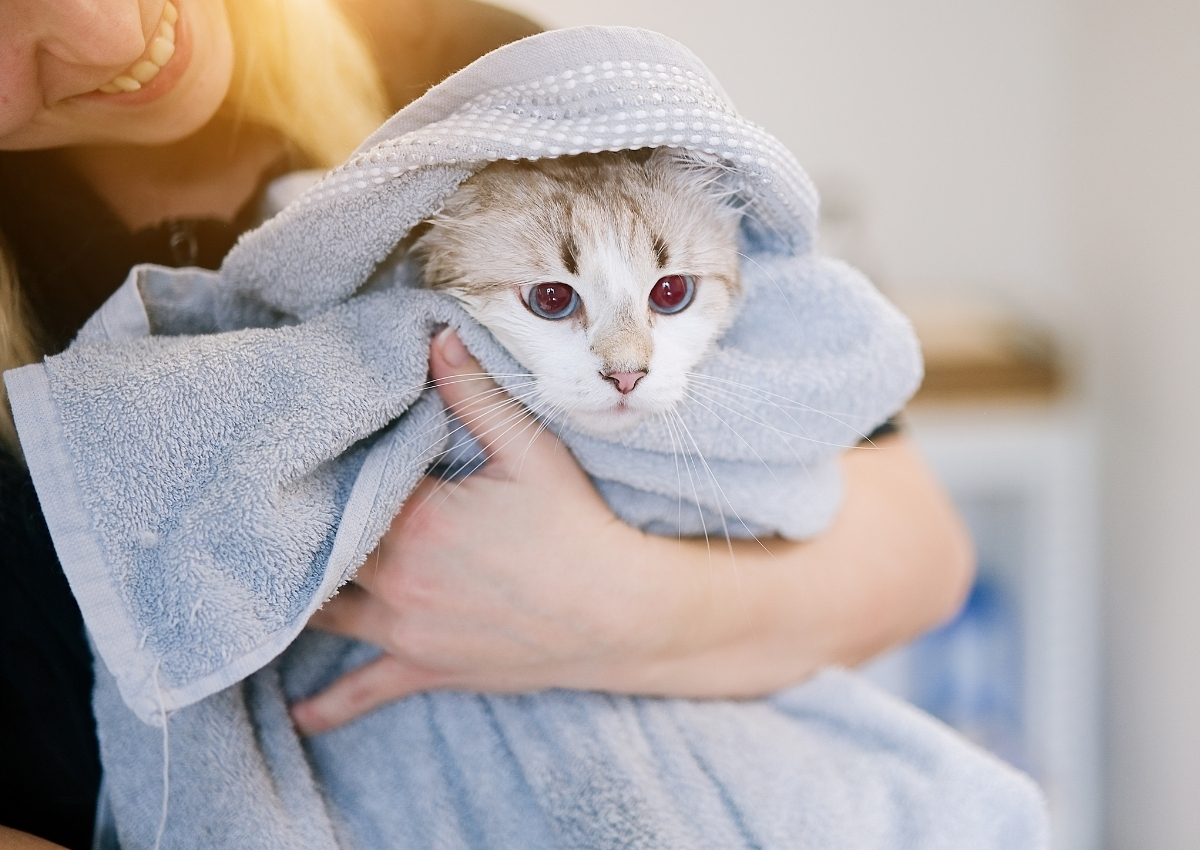Some tips to keep your cat safe and healthy.
Safety in the home
- Lock away household cleaners, medicines and pesticides so the cat can’t get into them
- Put away electrical cords or leads that might be mistaken for a mouse’s tail or a toy
- Always put away human food, like table scraps that could be bad for your cat
Food and water
- Choose balanced diets matched to your cat’s age – and carefully avoid things like oriental lilies or cooked bones that can be very dangerous to cats
- Make sure the water bowl is kept full and fresh and that you leave enough water if you’re away for a day or overnight, especially in summer
Protecting from pests
- Treat your cat regularly with quality cat-specific products to prevent ticks which are common and can be fatal (see our separate info sheet on Ticks), and watch for signs of ticks – changed appetite, meow or urination/defecation, smelly ears/mouth or pawing at them, itchy/abnormal skin, coughing or sneezing, discharge, limping, listlessness. If in doubt, call the vet and get advice
- Protect your cat from fleas – treat regularly with high-quality “spot on” applications. Flea collars and powders are NOT very effective. Don’t use dog flea protection on cats – this can be harmful
- Worm your cat regularly with a quality tablet or paste to protect your cat’s health – and your family’s health as well
Protecting from illness
- Take your cat for an annual check-up at the vet. Make sure all vaccinations are up to date
- Never give a cat human pain relief or other human medications – these can cause serious illness or even death
- Watch for signs of illness – like those shown for ticks above. If in doubt, call a vet and get advice
Exercise and movement
- Your cat needs exercise – for its physical and mental health and happiness. Rolling a ball, playing with a soft toy on a string – encouraging the cat to jump and catch.
- Try to keep your cat away from roads. Keep it safely inside at night. Provide a litter tray and replace the litter regularly.
- Remember to lodge your cat ownership details with your local council.
- Consider pet insurance – contact us for details.
- Take care with your cat when going to the vet or moving house. Most cats prefer to be in a secure cat box. After moving, keep your cat indoors for a few days while it gets settled. Avoid moving a cat from house to house unless necessary.



